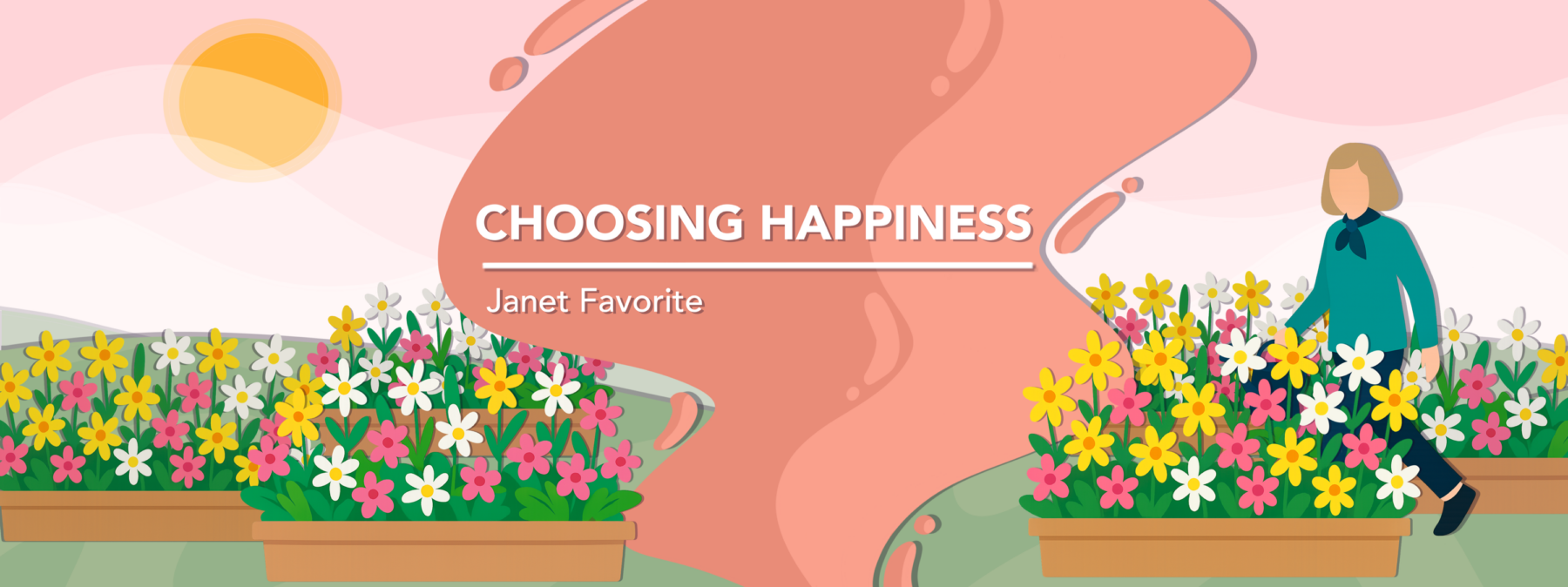Finding friends is challenging for those with Prader-Willi syndrome
It took years of effort, but my son finally has a social life with peers
Written by |

Growing up in St. Paul, Minnesota, I was encircled by families with many children. We had action-packed fun and played games during summer vacation and after school.
Our children, however, grew up differently. Early on, their neighborhood had no children, just older adults. Fortunately, my sister’s family moved next to a park, where young mothers would meet, chat, and drink coffee while watching kids play. Our daughter loved her cousins and attended the same schools they did.
But our lives changed dramatically when my son, Robert, was born with special needs. We concentrated most of our attention on him. He needed us the most.
Four years later, we moved to a bigger house in the suburbs, where we were surrounded by children. But they were all involved in after-school sports. The transition was hard for our daughter, both at school and with friends. Thankfully, things got easier as the year progressed.
Years passed, and Robert entered kindergarten after years of early childhood education. We still didn’t have a definite diagnosis for his Prader-Willi syndrome, but problematic behaviors were pointing that way. I tried not to think about it. The syndrome has frightening consequences that I didn’t want to face.
I became aware of how isolated Robert was. Other children were connecting through T-ball and playdates, but he wasn’t able to participate. By the time he was in third grade, though, I’d connected with a few other mothers.
Robert, with his pudgy frame and blue glasses, was sociable and adorable. However, he spent most of his time at school in special services, including speech, occupational therapy, and physical therapy. A paraprofessional was with him most of the time. Because of that, he spent little time with other children.
Hoping to socialize
Our clinical psychologist at Gillette Children’s Hospital spoke about our son’s lack of friends, explaining that children with special needs spend more time with adults than with their peers. That often leads them to become egocentric and the center of attention. And most children can be unpredictable — sweet one moment, nasty the next.
Nothing is more heartbreaking to a parent than seeing their imperfect child excluded. It’s a grief that never resolves. Somehow I needed to come to terms with my feelings. Spiritual counseling was helpful for me; therapy and meditation work for some.
Robert never developed reciprocal friendships with schoolmates. Sometimes parents offered kind invitations to birthday parties, and I’d make arrangements for those or any social activity. One party was held at a roller rink. When I told the parents that Robert couldn’t skate, they said, “That’s OK. We’re bringing games for him to play.” They were kind, empathetic people.
Several opportunities were available in our state of Minnesota, so we adapted. We’d already gotten involved in horse therapy, for instance. An extra benefit there was that parents had time to engage while their children rode. I learned a great deal there about various disabilities. Allina Courage Kenny Rehabilitation Institute in our area had numerous rehabilitation, sports, and recreation programs, including swimming and summer camp. Stay-away camp was a four-day respite.
Special Olympics had poly hockey, swimming, and horse shows. Our family bought a motorized trike so we could have family bike rides.
Robert attended summer camp into his 20s. I always hoped he’d make a friend there, but the egocentric behavior that goes with Prader-Willi syndrome often continues into adulthood. Driving home, I’d ask, “Is there anyone you want to stay in touch with?”
“Yes,” Robert would say. But it’d always be a staff member, never a camper. Staff members had the social abilities to extend themselves.
During his last camp session, Robert gained 20 pounds in four days, as can happen with those with Prader-Willi. He’d learned to manipulate the camp system and access more food. After weighing him, the staff took him directly to the emergency room, where X-rays were taken to ensure there was no blockage in his intestines.
There are no Prader-Willi camps near us, unfortunately. But today, since his everyday care is no longer our responsibility, we now take vacations as a family. I’ve learned that Texas has a Prader-Willi camp, and so does Ohio.
Finally, friends
The group home where Robert, now 36, lives has about 20 residents in five homes. Friendships are encouraged in several ways. Everyone has a birthday party where each celebrant chooses the menu. Presents and cards are exchanged. Once a resident took a roommate’s puzzle and regifted it, which was recognized immediately after it was opened. A huge altercation ensued!
Summer parties are often held at local parks. Games are played after the meals. At one party I attended, they played kickball, my favorite childhood game. With the help of the staff, everyone participated. I saw my son happily playing a group game, mingling with friends.
Accepting my child’s limitations has helped me lead what I call “my very fun life.” And even when we might be sad, our children with Prader-Willi syndrome don’t have to be.
Note: Prader-Willi Syndrome News is strictly a news and information website about the disease. It does not provide medical advice, diagnosis, or treatment. This content is not intended to be a substitute for professional medical advice, diagnosis, or treatment. Always seek the advice of your physician or other qualified health provider with any questions you may have regarding a medical condition. Never disregard professional medical advice or delay in seeking it because of something you have read on this website. The opinions expressed in this column are not those of Prader-Willi Syndrome News or its parent company, Bionews, and are intended to spark discussion about issues pertaining to Prader-Willi syndrome.




Leave a comment
Fill in the required fields to post. Your email address will not be published.